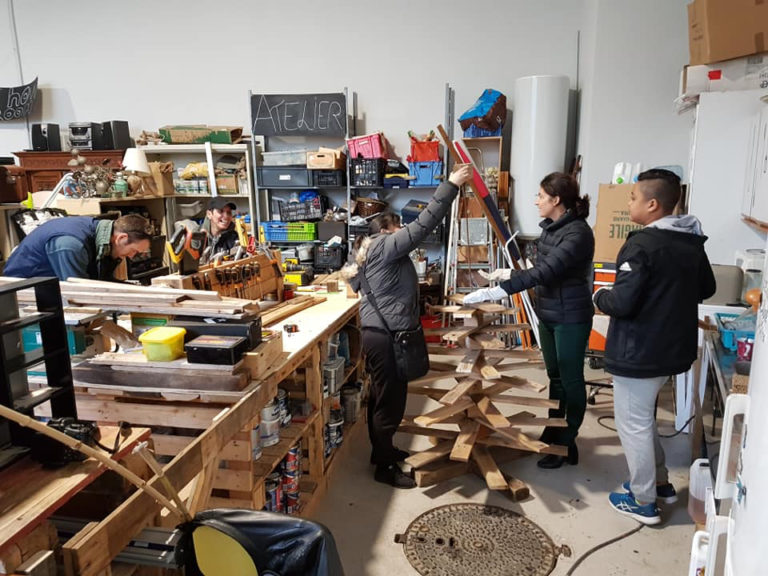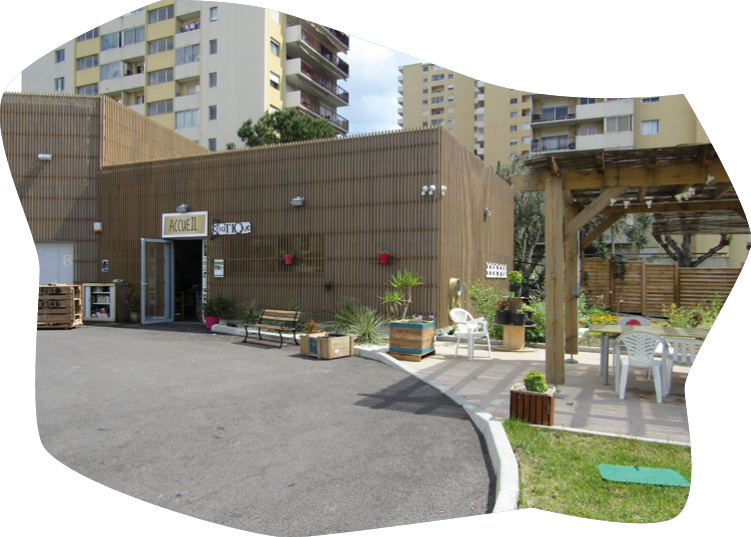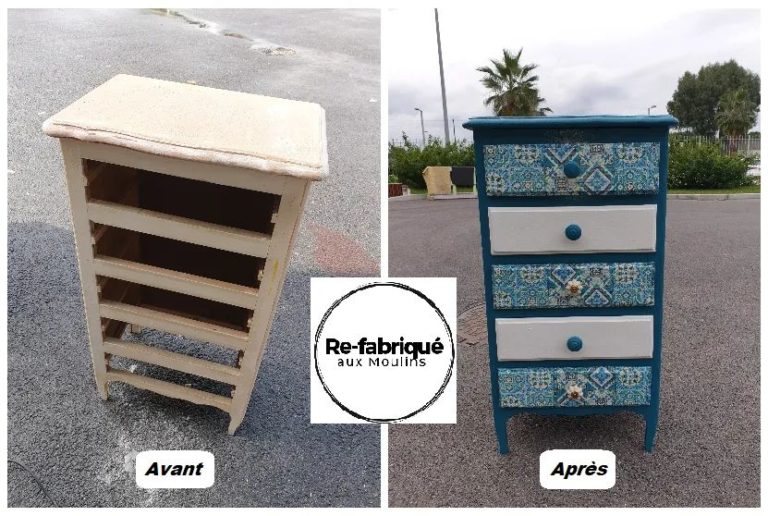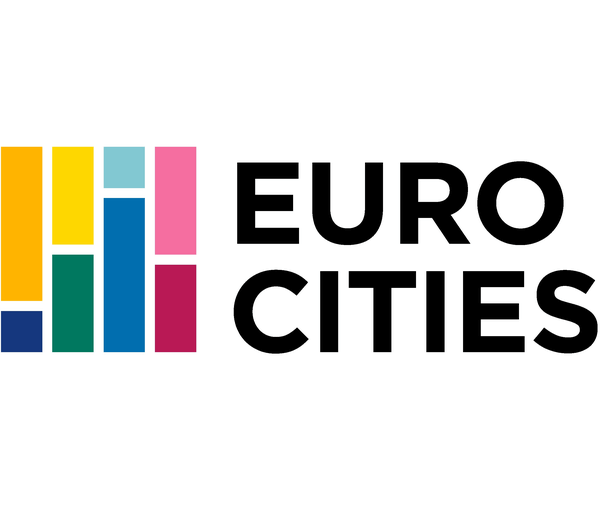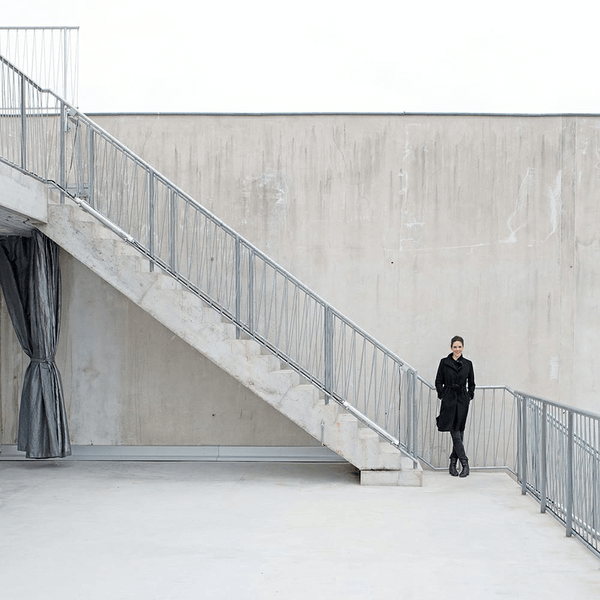Located in an area of Nice that is undergoing urban renewal, the Recyclerie Les Moulins houses:
- A 194 square metres building for sorting recyclable and reusable bulky items collected in the Les Moulins district
- A public space for the voluntary collection of objects delivered by local residents
- A recycling space for repairing small objects (appliances, furniture, etc.),
- An educational area for collective composting, a shared garden, waste sorting and recycling
The recycling service collects bulky items in the Les Moulins district. It also offers an incentive for on-site voluntary contributions and for home collection by appointment. Sorting is a major function of the service and incoming flows are measured and qualified. The sorting process identifies waste suitable for recovery waste to be recycled or disposed of.
During the evaluation stage the objects collected are checked, cleaned and repaired to restore their value. Thanks to the work of the recovery team, some parts may be customised or revamped to create new objects.
The shop is the end-point of the reuse chain: it sells a range of products at low prices including furniture, small household appliances, audio equipment, computers, crockery, toys, books, records, decorative items and more.
In parallel, the Recyclerie des Moulins project includes an environmental awareness campaign aimed at the general public and schoolchildren. The idea is to inform and raise awareness about waste prevention and, more generally, respect for the environment through workshops, an educational garden and a shared garden. The Recyclerie’s awareness-raising activities are also targeted for local companies' employees.
Job development is key component of the project. The Recyclerie offers people looking for work a paid job, training and specific individual and group support, as well as work scenarios for sustainable employment.
